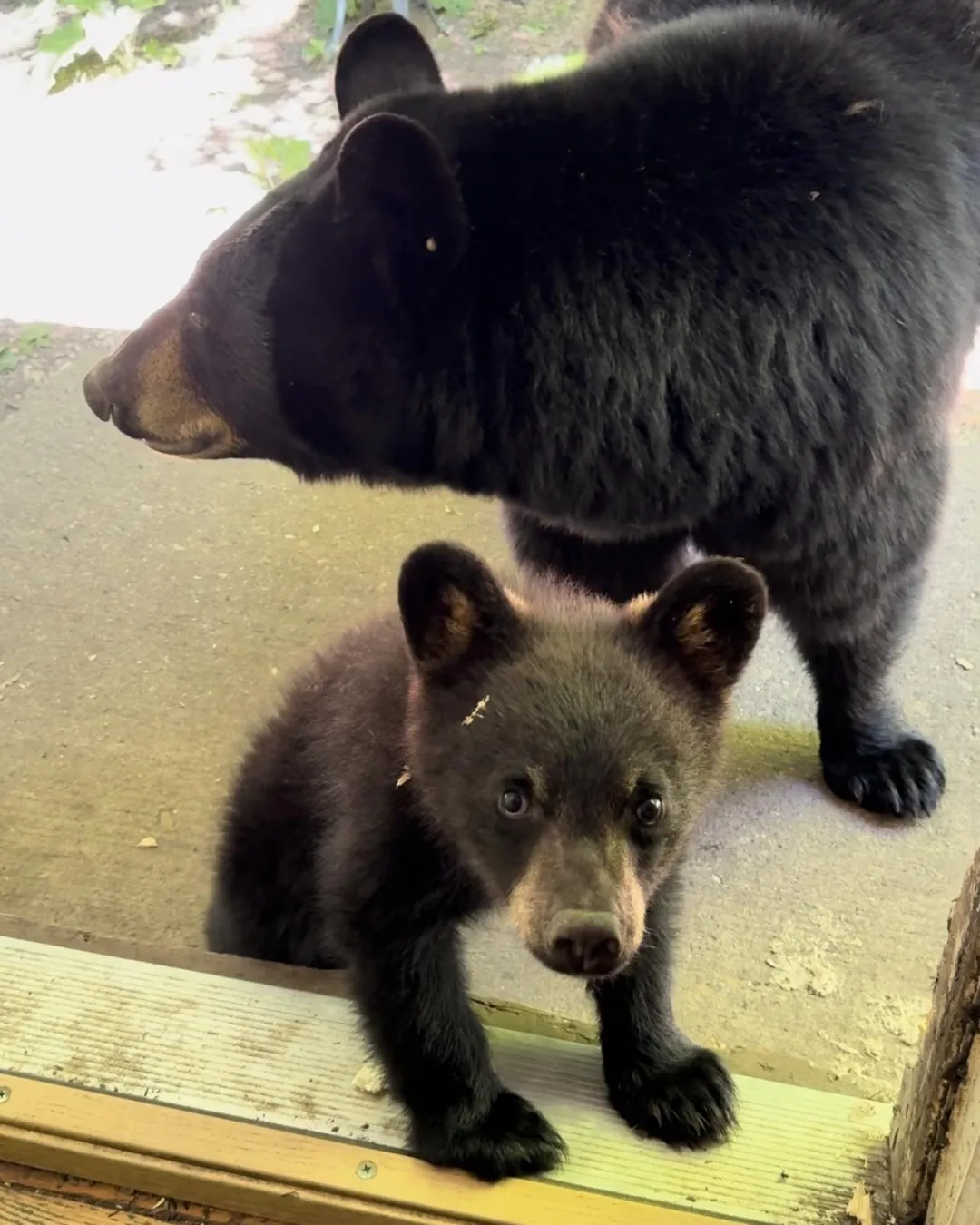From 24 to The Last of Us – The Unforgettable Roles of Annie Wersching
Annie Wersching was a gifted actress whose talent, grace, and presence on screen captivated millions. Known for her compelling roles in popular TV series and films, she left an indelible mark on the entertainment industry. From portraying Renee Walker in

Who Was Annie Wersching?
Annie Wersching was born on March 28, 1977, in St. Louis, Missouri. From a young age, she was drawn to the performing arts. After studying musical theater at Millikin University, she launched a career that spanned over two decades. Whether on television, in movies, or in video game voice acting, Annie Wersching consistently delivered powerful and emotionally resonant performances.
Annie Wersching TV Shows: Memorable Performances on the Small Screen
Annie Wersching was best known for her work on television, where she played diverse and impactful roles. Her breakout role came in 2009 when she joined the cast of
Other notable Annie Wersching TV shows
The Vampire Diaries
Wersching played Lily Salvatore, the mysterious and powerful mother of Damon and Stefan Salvatore. Her performance brought new depth and drama to the popular CW series, introducing fans to a compelling villain with a complex backstory.
Timeless
In NBC’s Timeless, Wersching played the role of Emma Whitmore, a brilliant scientist who becomes a central figure in the show’s time-travel plot. Her performance added suspense and intrigue to the storyline.
Star Trek: Picard
One of her final television appearances was in Star Trek: Picard, where she portrayed the Borg Queen. This role allowed her to join the iconic Star Trek
Other appearances include guest roles in Supernatural, NCIS, Charmed, Bosch, and Runaways, cementing her reputation as a versatile and respected television actress.
Annie Wersching Movies: Impact on the Big Screen
While Annie Wersching was primarily known for her TV roles, she also appeared in a few notable films. Among the Annie Wersching movies
Bruce Almighty (2003)
Although a minor role, Wersching appeared in this hit Jim Carrey comedy early in her career, marking one of her first steps into mainstream Hollywood productions.
Below the Beltway (2010)
In this political drama, Wersching played opposite Tate Donovan in a story that explored life in Washington, D.C. This role gave her the opportunity to take on more dramatic material in a cinematic setting.
Wersching’s limited but meaningful film appearances revealed her ability to adapt across mediums and genres, solidifying her as an actress who could thrive in both TV and film.
Voice Acting: A Lasting Legacy in Gaming
One of Annie Wersching’s most beloved roles came in the form of voice acting. She provided the voice and motion capture for Tess in The Last of Us, one of the most acclaimed video games of all time. Her performance as Tess, a tough and resilient smuggler in a post-apocalyptic world, was both emotionally powerful and narratively critical.
The role endeared her to the gaming community and helped expand her fan base to a new generation of fans who appreciated her depth and realism in a video game character.
Personal Life and Legacy
Annie Wersching was married to actor and comedian Stephen Full. Together, they had three sons. Despite her busy career, she was known for being a devoted mother and wife, balancing her personal and professional life with grace.
Tragically, Annie Wersching passed away on January 29, 2023, at the age of 45 after a private battle with cancer. The news of her death shocked fans and colleagues alike, many of whom took to social media to share heartfelt tributes and memories.
Celebrating Annie Wersching’s Life and Career
Annie Wersching may be gone, but her legacy lives on through the unforgettable roles she played across television, film, and video games. Her performances in
Whether you’re a longtime fan or just discovering her work, revisiting Annie Wersching TV shows and Annie Wersching movies is a great way to appreciate the talent and impact of an actress who brought heart and soul to every role. She was a bright light in the entertainment world, and her contributions continue to inspire.
Why I Never Want My Daughter to Stop Looking Around619

The afternoon light filtered softly through the kitchen window as my daughter placed her progress report in my hands. The paper was crisp, dotted neatly with check marks that reflected her growth, her effort, her steady little triumphs. Yet, one mark stood alone, set apart from the others.
“How am I doing, Mom?” she asked, her voice small but tinged with a maturity that felt older than her years. She peered up at me through smudged eyeglasses that slid precariously down her nose, her hair a little tangled from the day. Her tiny finger landed on the teacher’s note beside the solitary check mark: “Distracted in large groups.”

I had known this long before it appeared in black and white. Since she was a toddler, my daughter had always been a quiet observer of the world, noticing details most adults rushed past.
I read aloud all the positives, making sure she saw how many there were, how brightly they shone. Then I gently told her about the teacher’s note. She gave me a shy, uncertain smile, as if she were bracing for disappointment, and whispered, “I do look around a lot.”
In that moment, I refused to let a seed of shame take root. I bent down, eye level with her, so she would not only hear my words but feel their truth.
“Yes,” I told her softly, “you do look around a lot. And that is your gift.”
I reminded her:
“You noticed Sam sitting alone with a skinned knee on the field trip, and you went to comfort him.
You noticed Banjo’s runny nose, and because of you, the vet caught his illness early.
You noticed how hard our waitress was working, and you suggested we leave her an extra good tip.
You noticed Grandpa slowing down, and instead of running ahead, you stayed with him.
You notice the beauty of the view every time we cross the bridge to swim practice.”
Her eyes grew wide, her little shoulders straightening as she absorbed the words. A shy smile spread into something radiant, a glow of acceptance and pride.
“I don’t ever want you to stop noticing,” I told her firmly. “The world needs people like you. Your noticing is your gift, and it makes the world better.”
And as I watched her beam, I realized something profound: her so-called distraction was, in fact, presence. Where others overlooked, she paid attention. Where others hurried, she paused.
The truth is, we are all waiting for someone to notice — notice our pain, our scars, our small victories, our courage to keep going.
And when someone truly notices, it feels like being seen for the first time.
My daughter, in her quiet way, had that gift. And perhaps, if she never stopped noticing, she just might change the world.





